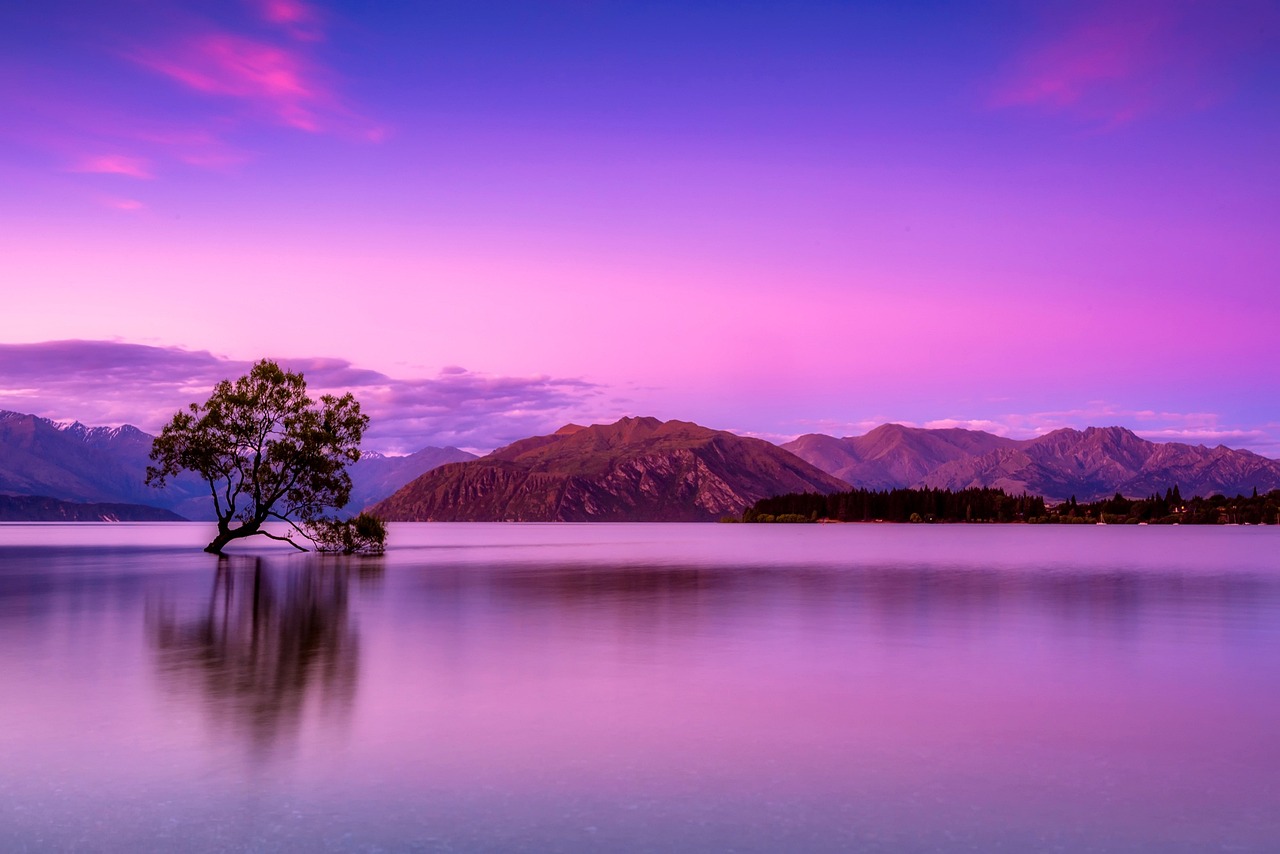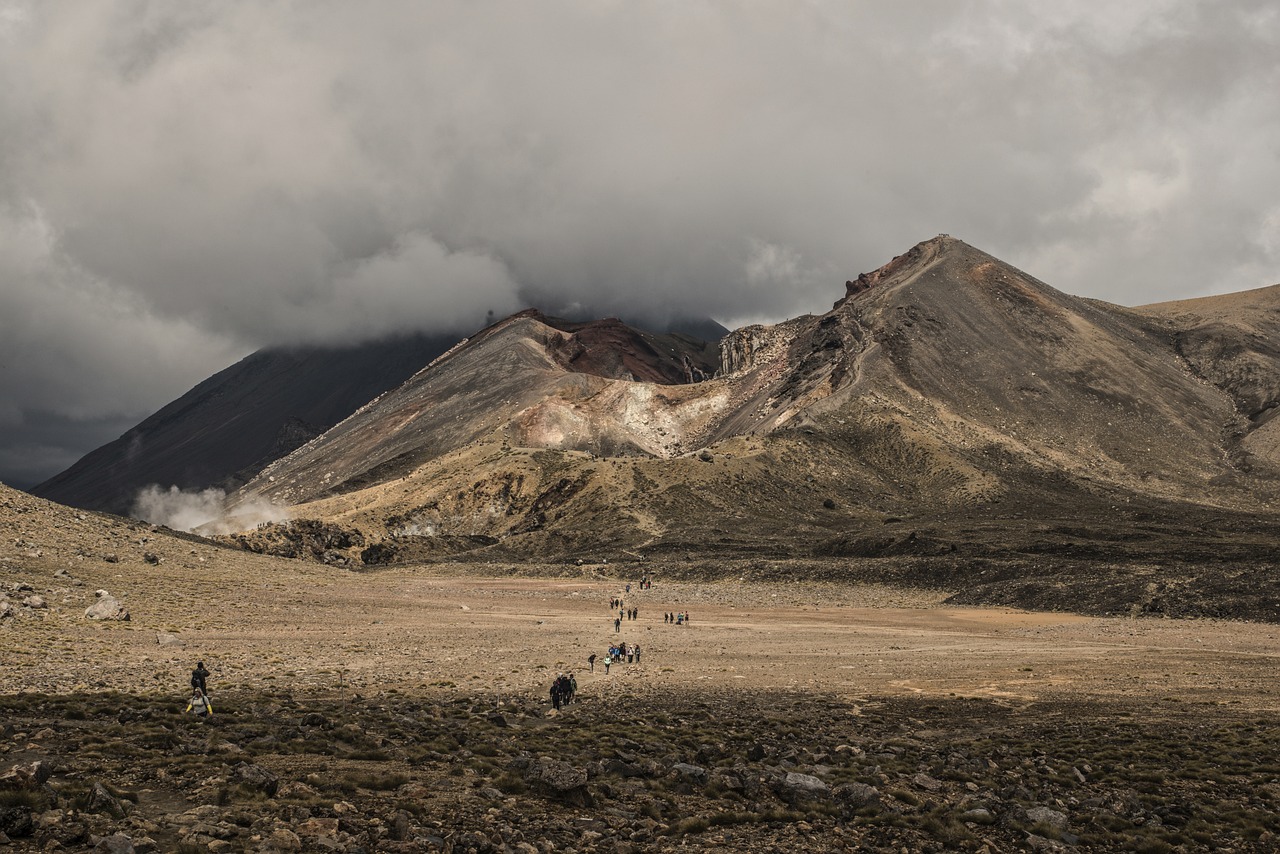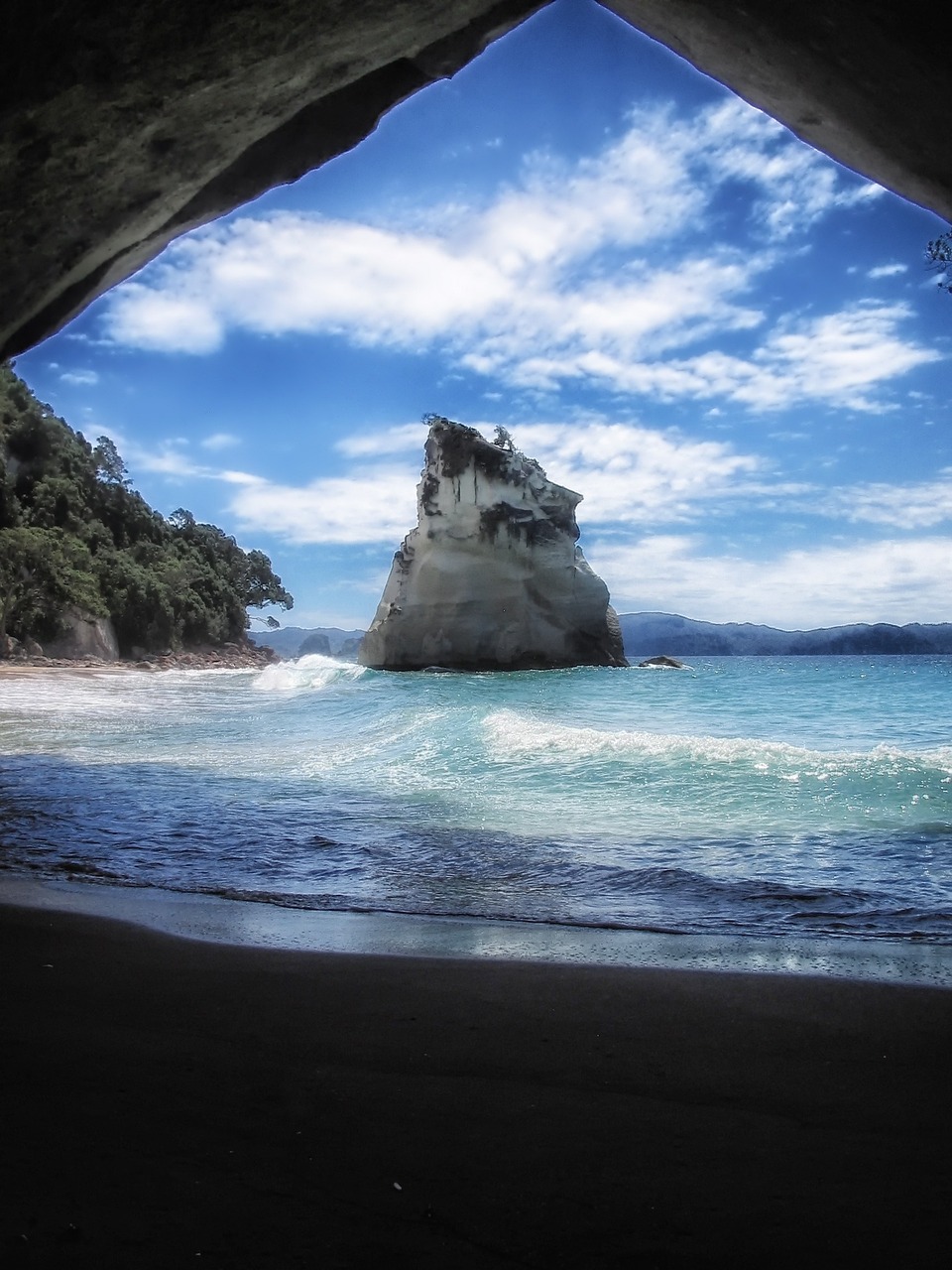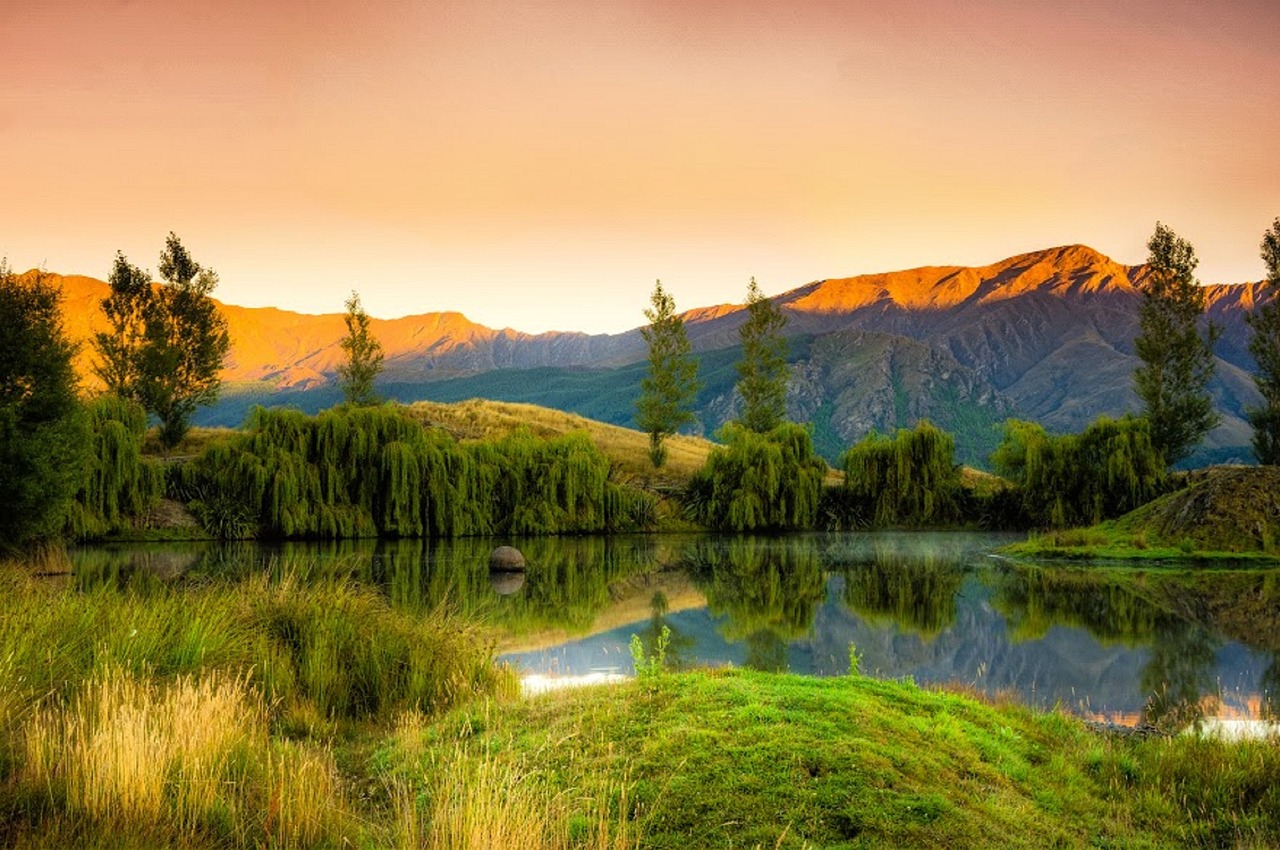Emergency Services: What to Know While in New Zealand
New Zealand is a beautiful country known for its stunning landscapes, friendly people, and adventurous activities. However, it’s always important to be prepared for any unforeseen emergencies while traveling. This article will provide you with detailed information about emergency services in New Zealand, ensuring that you have the knowledge you need to stay safe and secure during your visit.
Section 1: New Zealand Police
The New Zealand Police play a crucial role in maintaining law and order throughout the country. In case of an emergency or if you require assistance, dial 111, New Zealand’s emergency phone number. The police are responsible for responding to a wide range of incidents, including crimes, accidents, and emergencies. Here are some key points to know about the New Zealand Police:
- Emergency Number: Dial 111 for immediate assistance from the police.
- Non-Emergency Number: For non-urgent matters, you can contact the New Zealand Police at 105.
- Police Stations: Throughout New Zealand, you’ll find police stations in cities, towns, and even smaller communities.
- Language Support: The New Zealand Police provide language support services to cater to diverse communities.
The emergency number connects you directly to the police, who will dispatch officers to your location as required.
If you need to report a minor incident or seek advice, calling the non-emergency number is appropriate.
Police stations are staffed by officers who can assist with various matters, including filing reports or seeking information.
If English is not your first language, they can arrange interpreters or language line services to assist you.
Section 2: New Zealand Fire and Emergency
New Zealand Fire and Emergency (NZFES) is responsible for fire safety and emergency response services across the country. They play a crucial role in protecting lives, property, and the environment. Here are some important details about NZFES:
- Emergency Number: In case of a fire or other emergencies, dial 111.
- Fire Stations: Fire stations can be found in various locations throughout New Zealand.
- Fire Safety: NZFES promotes fire safety and prevention measures to ensure public awareness.
- Fire Permits: If you plan to have a controlled burn or use fireworks, you may need a fire permit.
The emergency number will connect you to the appropriate services, including fire and rescue.
These stations are equipped with trained firefighters and specialized equipment to respond to emergencies.
They provide educational resources, advice, and guidelines to help individuals and communities stay safe.
Reach out to NZFES to inquire about the requirements and obtain the necessary permits.
Section 3: New Zealand Ambulance Services
In case of a medical emergency, it’s important to know how to access ambulance services in New Zealand. The country has both public and private ambulance providers. Here’s what you need to know:
- Emergency Number: Dial 111 for immediate ambulance assistance.
- St John Ambulance: St John is the primary provider of ambulance services in New Zealand.
- Auckland Westpac Rescue Helicopter: In remote or difficult-to-reach areas, the Auckland Westpac Rescue Helicopter provides critical medical transport.
- Private Ambulance Services: Some regions in New Zealand have private ambulance services.
When you call 111, the operator will connect you to the appropriate ambulance service based on your location and the nature of the emergency.
They offer emergency medical care, transport, and community health services.
They are equipped with advanced medical facilities and highly skilled crew members.
These services may require membership or payment at the time of service. Check the availability and details in the area you are visiting.
New Zealand Image 1:

Section 4: Search and Rescue
New Zealand’s diverse and rugged landscapes offer incredible opportunities for outdoor adventures. However, it’s essential to be aware of the potential risks and the availability of search and rescue services. Here’s what you should know:
- Emergency Number: Dial 111 to report a search and rescue situation.
- New Zealand Land Search and Rescue (LandSAR): LandSAR is a volunteer-based organization specializing in land-based search and rescue.
- Maritime New Zealand: For incidents at sea, Maritime New Zealand coordinates search and rescue operations.
- Mountain Safety: Before embarking on hikes, climbs, or other mountainous activities, familiarize yourself with safety guidelines and weather conditions.
If you or someone in your group is lost, injured, or facing a life-threatening situation in the outdoors, call 111 for immediate assistance.
They work closely with emergency services to locate and assist individuals in distress.
Their teams, including the Coastguard, are trained to respond to maritime emergencies.
Carry appropriate gear, inform someone about your plans, and be prepared for unexpected changes in weather or terrain.
Section 5: Emergency Medical Services
New Zealand has a well-established healthcare system that provides emergency medical services to residents and visitors alike. Here are some important points to know:
- Hospitals and Medical Centers: Throughout New Zealand, you’ll find hospitals and medical centers that provide emergency medical care.
- Healthline: If you have health concerns or need medical advice, you can call Healthline at 0800 611 116.
- Pharmacies: Pharmacies, known as “chemists” or “drugstores,” are available throughout New Zealand.
- Medical Insurance: It’s highly recommended to have travel insurance that covers emergency medical expenses.
In case of a medical emergency, proceed to the nearest hospital or medical center.
Healthline is a free 24/7 telephone service staffed by registered nurses who can provide guidance and direct you to appropriate healthcare services.
They can assist with over-the-counter medications, minor ailments, and general health advice.
Ensure that your insurance policy includes coverage for medical emergencies, evacuation, and repatriation.
Section 6: Roadside Assistance
If you encounter vehicle issues or breakdowns during your travels in New Zealand, it’s helpful to know about roadside assistance services. Here’s what you should be aware of:
- Emergency Number: In case of a breakdown or vehicle-related emergency, dial 0800 500 222.
- AA Roadside Assistance: The AA provides 24/7 roadside assistance services throughout New Zealand.
- Insurance Coverage: Check if your rental vehicle or personal car insurance includes roadside assistance coverage.
- Vehicle Maintenance: Regularly maintain your vehicle to minimize the risk of breakdowns.
This number connects you to the New Zealand Automobile Association (AA) for roadside assistance.
If your vehicle breaks down, they can help with services like towing, battery jump-starts, tire changes, and fuel delivery.
Some rental companies may offer their own roadside assistance services, so inquire about their policies before renting a vehicle.
Ensure that your tires, brakes, and other essential components are in good condition before embarking on a road trip.
New Zealand Image 2:

Section 7: New Zealand Civil Defense and Emergency Management
New Zealand Civil Defense and Emergency Management (CDEM) is responsible for coordinating and managing responses to emergencies and natural disasters. Here’s what you should know:
- Emergency Management Groups: New Zealand is divided into various regions, each with its own Emergency Management Group.
- Emergency Alerts: During emergencies, CDEM may issue alerts via multiple channels, including radio, television, and mobile phones.
- Emergency Preparedness: It’s important to be prepared for emergencies by creating an emergency kit and having a family emergency plan.
- Stay Informed: Stay updated with local news, weather forecasts, and emergency information.
These groups work closely with local authorities, emergency services, and communities to plan for and respond to emergencies.
Pay attention to these alerts and follow the instructions provided to stay safe.
Include essential items like food, water, medication, and important documents in your emergency kit.
Follow official social media accounts and websites to receive timely updates during emergencies.
Section 8: New Zealand Coastguard
With its extensive coastline and numerous water-based activities, New Zealand has a dedicated Coastguard service to ensure maritime safety. Here’s what you need to know:
- Maritime Emergencies: In case of a maritime emergency, dial 111 and ask for the Coastguard.
- Marine VHF Radio: It’s recommended to carry a marine VHF radio when boating or engaging in water activities.
- Boating Safety: Familiarize yourself with boating safety guidelines, including wearing life jackets and checking weather conditions.
- Coastguard Membership: Consider becoming a Coastguard member to support their valuable services and access additional benefits.
The Coastguard is equipped to handle various situations, including vessel breakdowns, accidents, and search and rescue operations.
VHF radios allow you to communicate with the Coastguard and other vessels in case of emergencies.
Ensure that your vessel is in good working condition and carry essential safety equipment.
Membership fees contribute to the ongoing operation and maintenance of the Coastguard fleet.
Section 9: New Zealand Mountain Safety Council
For those planning to explore New Zealand’s beautiful mountains, the New Zealand Mountain Safety Council (MSC) provides valuable resources and guidance. Here’s what you should know:
- Outdoor Safety: The MSC promotes outdoor safety and encourages responsible behavior in mountainous environments.
- Weather Updates: Check weather forecasts and updates before embarking on mountainous adventures.
- Outdoor Courses: The MSC offers various courses, including avalanche awareness, navigation, and survival skills.
- Outdoor Intentions: Before heading into the mountains, inform someone about your plans, including your intended route and return time.
They provide guidelines, training courses, and educational materials to help individuals make informed decisions while enjoying outdoor activities.
Weather conditions can change rapidly in mountainous areas, so it’s important to be prepared and adjust your plans accordingly.
Participating in these courses can enhance your knowledge and safety when venturing into the mountains.
This information can be crucial in case of an emergency or if you fail to return as scheduled.
New Zealand Image 3:

Section 10: Mental Health Support
Taking care of your mental health is important, especially when traveling. New Zealand offers various resources and helplines to support mental well-being. Here are some key points:
- Depression Helpline: If you’re feeling down or need someone to talk to, call the Depression Helpline at 0800 111 757.
- Victim Support: If you’ve been a victim of a crime or trauma, Victim Support can provide emotional support and practical assistance.
- Mental Health Foundation: The Mental Health Foundation of New Zealand offers resources, information, and campaigns to promote mental well-being.
- Emergency Services Collaboration: Emergency services work together to provide holistic support during mental health crises.
Trained counsellors are available to provide support, information, and advice.
Contact them at 0800 842 846 to access their services.
Visit their website for valuable insights and support.
They can connect individuals to appropriate mental health services and resources.
Section 11: Safety Tips for Visitors
While in New Zealand, it’s important to prioritize your safety and take necessary precautions. Here are some general safety tips for visitors:
- Travel Insurance: Obtain comprehensive travel insurance to cover any unexpected emergencies, including medical expenses and trip cancellations.
- Weather Awareness: New Zealand’s weather can be unpredictable, so stay informed and be prepared for changes in conditions.
- Follow Safety Guidelines: Adhere to safety guidelines and warnings provided at tourist sites, national parks, and other recreational areas.
- Stay Hydrated and Sun-Protected: Carry water, wear sunscreen, and protect yourself from the sun’s harmful rays, especially during outdoor activities.
- Respect Nature and Wildlife: New Zealand is known for its unique flora and fauna, so be mindful of the environment and follow conservation practices.
- Stay on Designated Trails: When hiking or exploring natural areas, stick to marked trails to avoid getting lost or causing damage to sensitive ecosystems.
Section 12: Conclusion
New Zealand is a stunning destination that offers endless opportunities for exploration and adventure. However, it’s crucial to be informed about emergency services and safety measures to ensure a safe and enjoyable trip. Familiarize yourself with the emergency numbers, know the locations of police stations and hospitals, and take necessary precautions during outdoor activities. By staying prepared and aware, you can have a memorable experience while staying safe in New Zealand.
References
– police.govt.nz
– fireandemergency.nz
– stjohn.org.nz
– landsearchandrescue.nz
– health.govt.nz
– aa.co.nz
– civildefence.govt.nz
– coastguard.nz
– mountainsafety.org.nz
– mentalhealth.org.nz


